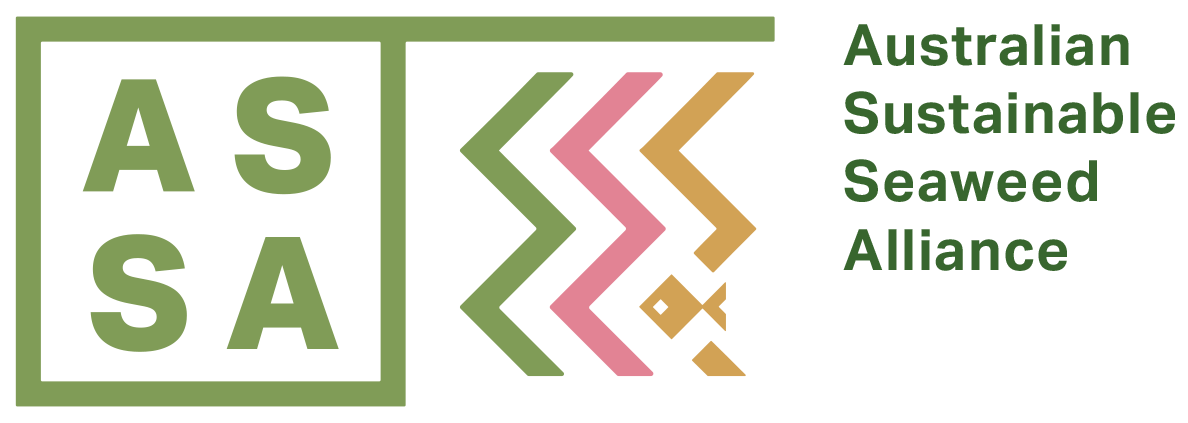Investment in Capacity
Seaweed-related research and development has received a major injection of capital over the past year, and the University of Tasmania (UTAS) is one of the leading beneficiaries.
Most of the seaweed research at the university is based at the Institute for Marine and Antarctic Studies (IMAS) in Tasmania says Professor Catriona Macleod, who is the Interim Executive Director at IMAS. IMAS has received $27 million to revitalise its Fisheries and Aquaculture infrastructure, including $3 million earmarked for seaweed aquaculture research infrastructure. “This will provide us with the facilities to underpin one part of the national hatchery network that ASSA is proposing,” Macleod says.
She also leads the ‘Sustainable Marine Resources’ research program, one of three research themes as part of the recently formed MBCRC. Macleod says the approval of the MBCRC in 2021 was a major win for the industry, and it will have a major influence on the UTAS seaweed research program and the range of partners it works with, including more cross-disciplinary work.
Research directions
Other major projects currently underway include the Seaweed Solutions Cooperative Research Centre Project (CRC-P). This three-year project has been extended by 12 months to allow for delays resulting from the COVID-19 pandemic, and is due to report in 2023.
This project aims to provide the understanding needed to guide both industry and decision-makers in the development of sustainable Integrated Multi-Trophic Aquaculture (IMTA) in Tasmania and south-eastern Australia.
It has focused on farming of 3 species in conjunction with other aquaculture operations: Golden Kelp (Ecklonia radiata), Giant Kelp (Macrocystis pyrifera) and Tasmanian Kombu (Lessonia orrugate). It includes an analysis of the business proposition of seaweed farming, including triple bottom line benefits.
Research findings from the CRC-P will be presented at the International Seaweed Symposium being held in Hobart, Tasmania, and online, from 19-24 February 2023 – an event also postponed by 12 months as a result of COVID-19 restrictions. UTAS is a major sponsor of the symposium and has been actively involved in planning for the event which will draw hundreds of leading researchers and product developers from around the world.
Forensic accounting of carbon for seaweeds and carbon sequestration more broadly is an increasingly important focus of research at UTAS with Professor Catriona Hurd taking a lead in this field. Macleod says it also demonstrates the increasing alignment and collaboration of different seaweed-related research programs within UTAS, Australia and globally. The scientists driving the carbon accounting program have traditionally had an ecological focus, but have been working closely with those in the IMAS aquaculture team as part of this work knowing how important this understanding is to establish the sustainability credentials for the industry.
In an important project for ASSA, and in partnership with AgriFutures Australia, UTAS has also been mapping the regulatory and governance landscape for seaweed aquaculture around Australia. Macleod expects the final report should be released before the end of the year.
“We’re really trying to facilitate the industry and the government regulators to support the industry in an effective and sustainable way. It’s important to map the regulations to the risks, so that we do address the risks, but don’t over address them,” Macleod explains.

